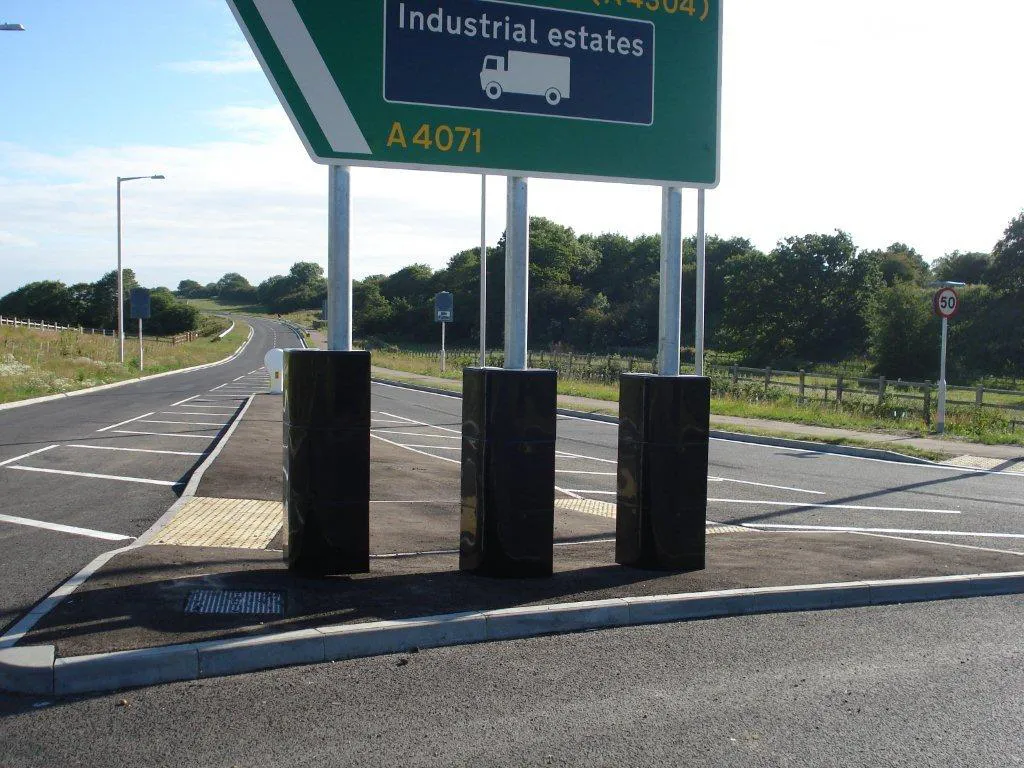Nearly 7300 road users lost their lives in 2015 in SVCs in the EU. Around 94,800 people have died in such collisions in the last 10 years. Across the EU, the total number of people killed in SVCs was cut by 43% over the period 2005-2014. Deaths caused by collisions of this type have fallen a bit faster than road deaths overall (-41%) but slower than road deaths caused by multi-motor vehicle collisions (-44%).
Over 60% of deaths in SVCs occur on rural roads. However, safer infrastructure and appropriate speed limits have helped reduce deaths on rural roads. In the EU, 68% of all deaths in SVCs are car occupants. Powered two wheeler (PTW) users represent around 20% of deaths in SVCs, while the distance travelled on these vehicles remains low compared to other modes of transport. Truck occupants account for 7% of all deaths in SVCs with buses and coaches accounting for less than 1%.
Young drivers and riders are at a greater risk of becoming involved in fatal single vehicle collisions than any other road user age group. This risk is twice as high for the 18-24 age group compared to the 25-49 age group.
Data available from a few countries suggest that the range of casualty characteristics vary from country to country. But the most common fatal SVC scenarios are the vehicle leaving a straight road or leaving the road when driving on a bend.
An in-depth study conducted in the Netherlands in 2011 found that distraction was the most frequent contributory factor related to human behaviour, involved in 31% of the SVCs studied. This was followed by speeding (27%), alcohol use (19%) and fatigue (17%). Young drivers appear to be involved in SVCs when distracted, choosing inadequate swerving manoeuvres to avoid another road user/object or when they incorrectly assess the traffic situation.
Europe’s single vehicle crashes
A third of road deaths in the EU are caused by collisions that involve a single motorised vehicle where the driver, rider and/or passengers are killed but no other road users are involved.
Nearly 7300 road users lost their lives in 2015 in SVCs in the EU. Around 94,800 people have died in such collisions in the last 10 years. Across the EU, the total number of people killed in SVCs was cut by 43% over the period 2005-2014. Deaths caused by collisions of this type have fallen a bit faster than road dea
February 7, 2018
Read time: 2 mins
A third of road deaths in the EU are caused by collisions that involve a single motorised vehicle where the driver, rider and/or passengers are killed but no other road users are involved.






